E-commerce business is on top trend, surprisingly the e-commerce retail store estimate to hit around $5 trillion at the end of 2021. For creating an e-commerce store many platforms. Some are very popular platforms such as WordPress (Woo-commerce) and Shopify.
Both are dedicated E-commerce platform that helps you to create an online store. The major difference is that Shopify is an online tool whereas WordPress (Integrated with Woo-commerce) is a stand-alone software. That you need to install.
What is the difference between WordPress – WooCommerce vs Shopify?
Shopify and WordPress (Integrated with Woo-commerce) both are the most popular e-commerce platforms that are widely used for creating online stores. Shopify is a website builder that does not require any programming knowledge for setting up and run an online store. It’s mainly used for creating an online store.
In WordPress divided into the two-measure sections.
- WordPress.com
- WordPress.org
WordPress.com is a blogging platform that works like a website builder, that allows you to create your own blogging website either personal or professional use.
[WordPress.com Default view]
WordPress.org is a self-hosted software and provide more technical facility. With the help of WordPress.org, you can create an online store.
[WordPress.org Default view]
The ratio of market sharing, All of most third of all websites on the internet runs on WordPress.org. Shopify is also a world-renowned e-commerce platform that’s major business and celebrity website runs in.
Shopify has its own online store, whereas if you want to start an e-commerce store using WordPress you need to install a woo-commerce plug-in that is available in premium version and provide all the online storage facilities. (such as Add product, inventory management, cart management).
To create an online store using Shopify, you need to create an account, choose the theme, and add a product, your store is ready to use. In contrast, WordPress is difficult and takes more time. For creating a website first host it and registered domain, choose a theme, install it and customize it according to your website.
WordPress and Shopify pros and cons?
Shopify Pros
- Shopify does not require programming knowledge.
- Its main focuses on creating an e-commerce store for sales.
- Shopify does not need any additional security charges.
Shopify Cons
- You have to pay transaction fees unless you use Shopify’s own payment gateway (such as Razorpay).
- If you want to change your theme, you will have to reformat your content.
WordPress Pros
- WordPress is more powerful, flexible and easy to customize.
- Using WordPress you can create any type of platform for personal and professional use and integration facility via a plug-in.
- WordPress support “Gutenberg”, makes it silently easy to use. And most important it’s free to create a website.
WordPress Cons
- WordPress required programming knowledge.
- Websites require hosting, domain and security.
- If you want to add additional functionality require plug-ins, for every plug-in bit expensive.
WordPress and Shopify market ratio?
WordPress (Integrated with Woo-commerce) and Shopify both are leading e-commerce portal. The more user uses the web builder, the more resource and apps. The more functionality and plug-in required.
Both platforms are widely popular in the world of the internet and especially for creating online stores.
75-90 million self-hosted WordPress website available on the internet whereas 1,000,000 stores build in Shopify.
Cost comparison of WordPress and Shopify
Shopify is a paid price plan. It’s available in 5 different variations of pricing.
[Shopify pricing detail]
Lite: $9/per month
Basic: $29/per month
Shopify: $79/per month
Advance: $299/per month
Plus: $2000/per month
Note: if you want to use other than Shopify payment method they charge additional transaction fees. Shopify also includes premium theme collection which is not included in the planning.
WordPress is free to use. Using WordPress you can create a free website, but you have to host your website on server for space and buy a Domain name for unique identify your website.
Most of the WordPress website host providers are wpEngine. The wpEngine annual hosting planning costs $350.
A premium theme costs $170.
An E-commerce integration costs nearby $180.
The 4 paid plug-ins cost around $100.
The most popular website runs on Shopify
M2S Bikes
The most popular website runs on WordPress
Sony music
Shopify and WordPress specification
Interface and uses
Shopify and WordPress interface is a bit similar. In both the sites menu placed in a left panel.
Both the platform have a content management system that allows you to edit and publishing content also you can show the preview.
[Shopify Dashboard]
In comparison WordPress has more advance than Shopify in terms of customization and layout. WordPress contain “visual editor” that allows you to create content and design environment that make a website more stunning and interactive.
[WordPress Dashboard]
Content management in WordPress and Shopify
Here all the point goes to WordPress because WordPress mostly used for the content related website even WordPress.com is a blogging community whereas Shopify is E-commerce based.
The reason behind is WordPress easily beat Shopify for static page and post.
The first reason is WordPress comes with content versioning means every single page and post stored in the system. So, whenever you wanted to access particular things you can access it.
The second reason is WordPress allows you to use categories and tag a much more flexible way.
Shopify is a complete e-commerce platform. Optimization of your website on search engine content is a must.
Shopify’s “automated collection” – these allow you to create a collection (Based on things like product title, Price, Tag).
Flexibility
Here we discuss the two most popular platforms Shopify and WordPress. WordPress is more flexible among them because the large user base it has a No. of template, plugin and integration compare to Shopify.
And important thing is that WordPress is open source so you have full control over your own hosting means you can easily be manipulated to create a bespoke website compare to Shopify.
Shopify also contains large No of the app (Approx 3200) which significantly extends the functionality of the site built on the platform.
E-commerce functionality in Shopify and WordPress
Many people confuse that Shopify is an E-commerce portal but WordPress is not. It’s not completely wrong. For enabling or create a store using WordPress requires a woo-commerce plug-in that provides full e-commerce functionality such as (order management, cart management, payment, etc).
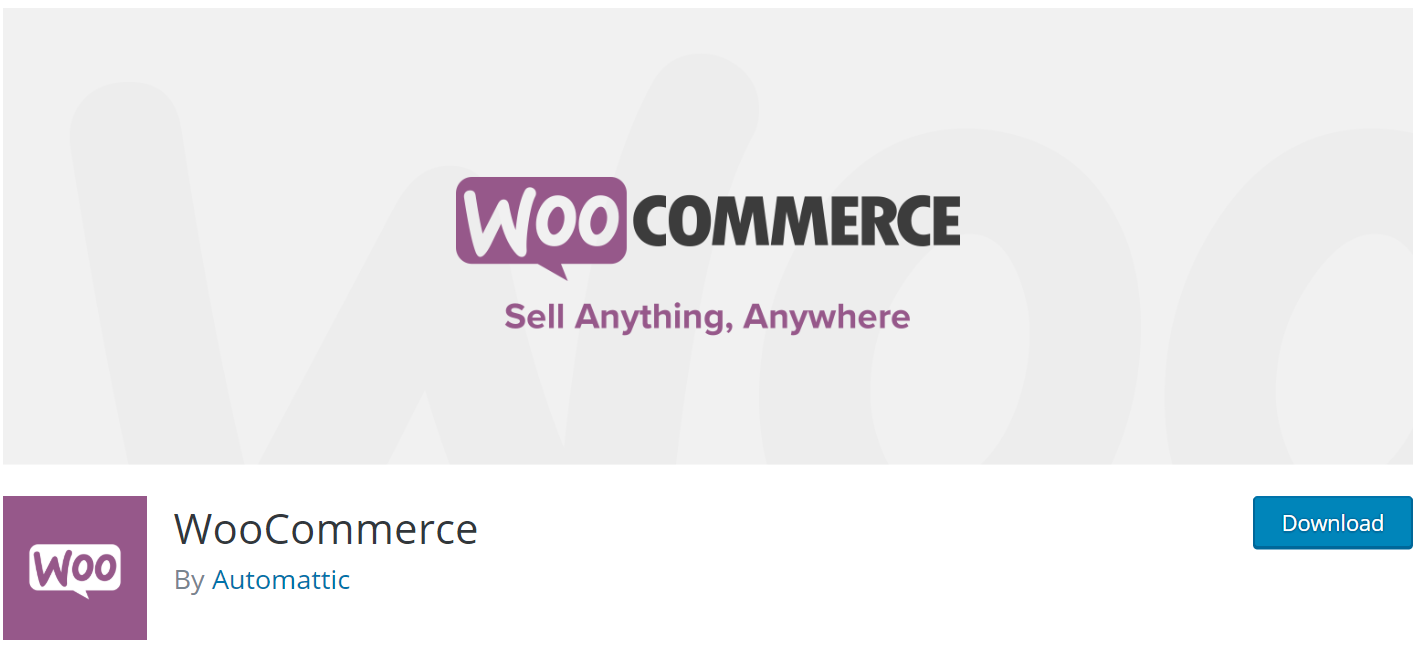
Here, Shopify is an absolute winner because of the aim of creating a website in Shopify to run an e-commerce store. Users can easily create a website using a few steps.
SEO for WordPress and Shopify
Search engine visibility plays an essential role, to generating traffic search engine visibility is a must.
WordPress contains the most powerful SEO plugin which is “Yoast SEO”. It’s a full package of SEO tools. When you write a post the plugin checks the content is SEO friendly or not check the SEO and readability.
[Yoast SEO]
It also helps you to generate a keyword, distribution keyword, title. Meta description, internal link, external link, etc.
On the other hand, Shopify SEO is generally strong. It comes with SSL using straightforward; editing alt and meta description is a simple process.
Security and maintenance
If you are using Shopify did not worry about maintenance it’s automatically updating all the features whereas in WordPress you can monitor it and aware of the latest version.
In terms of the security Shopify win the place it comes with the SSL every site is created with SSL Certification it means strong security provided.
Other hands, WordPress if you are not using any security plug-in and tools all responsibility on the end-user shoulder. To protect data from hackers.
Conclusion:
To conclude Shopify and WordPress (Integrated with Woo-commerce) both are top-notch platforms. It depends on the business which one you will choose. If you are looking for the only for e-commerce related activity such as (fashion store or online store) try to Shopify, but if you want to use your website for different purposes such as( blog, corporate ) try WordPress.
Check more article –
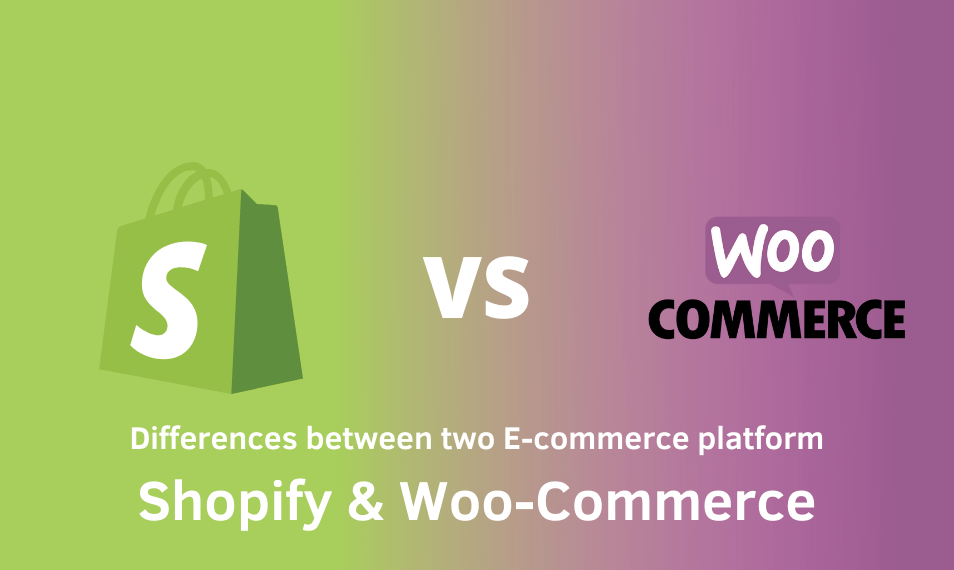
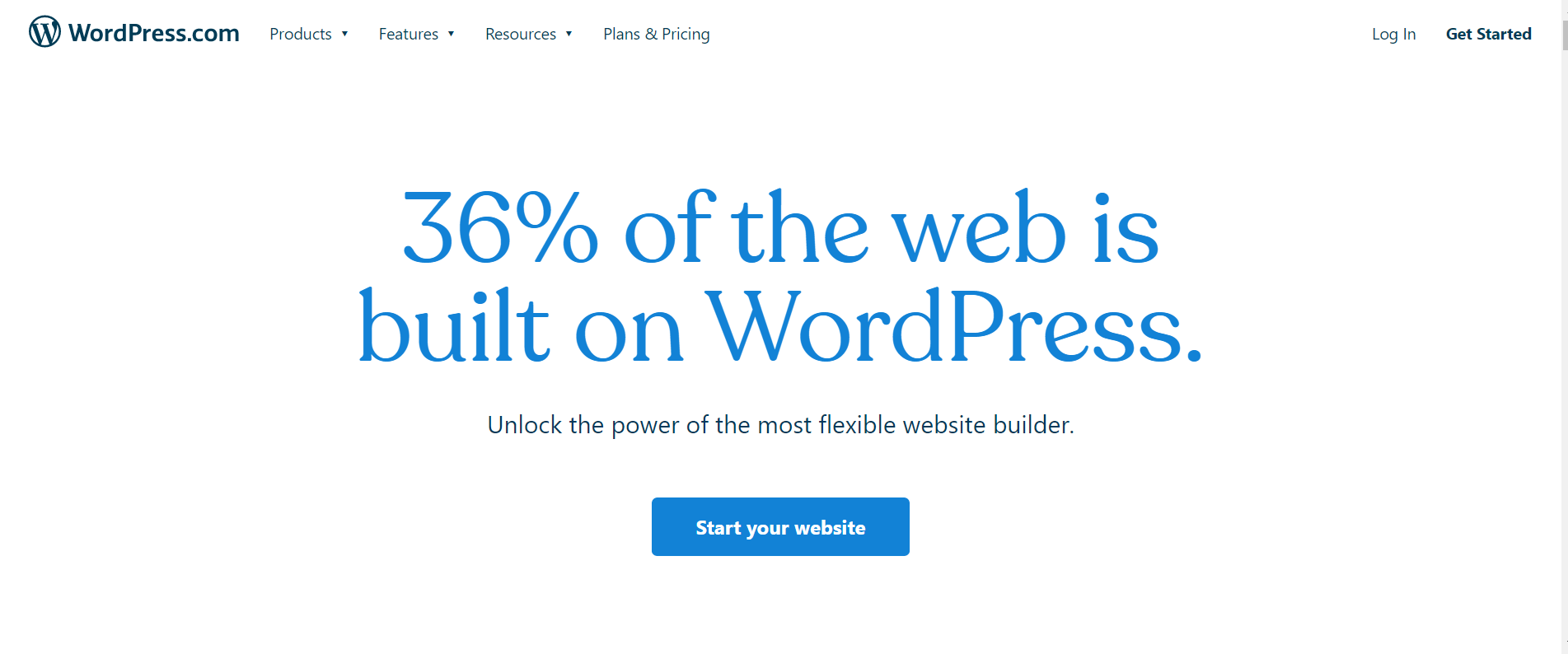
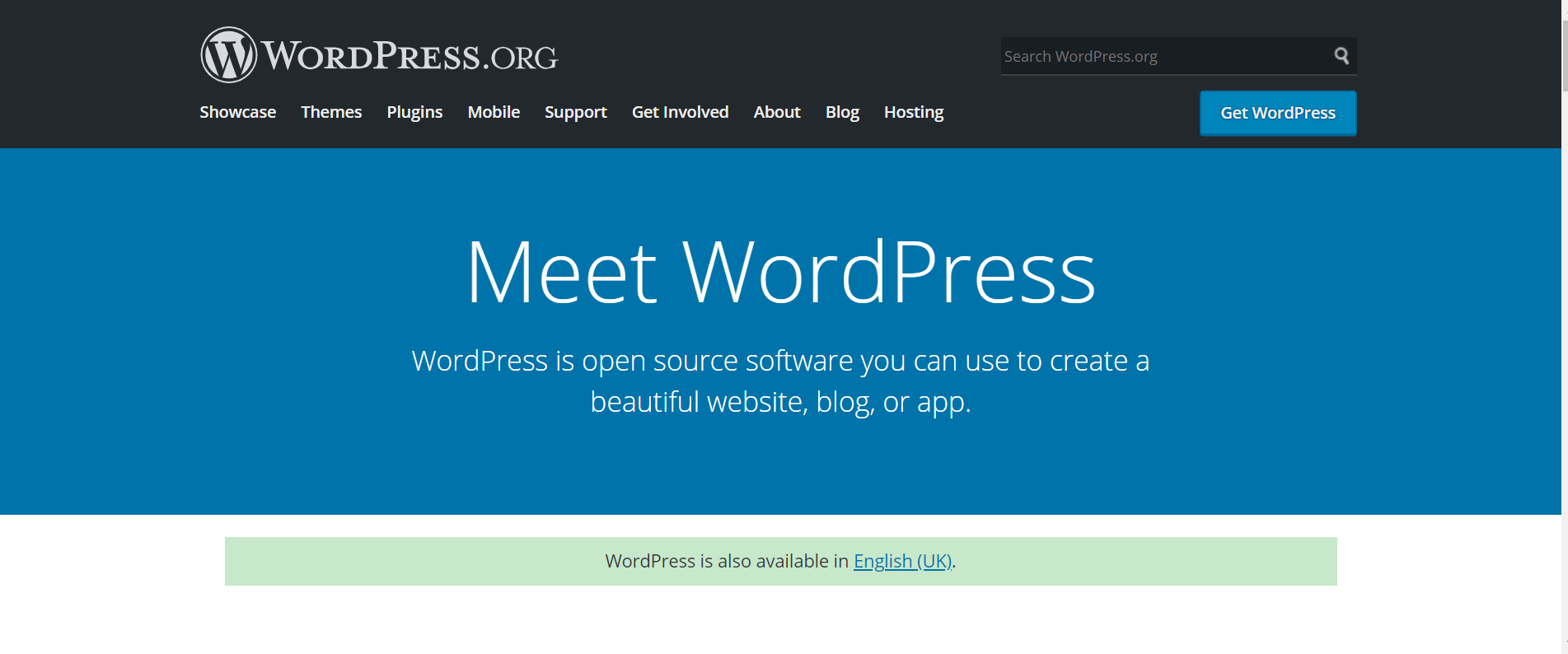


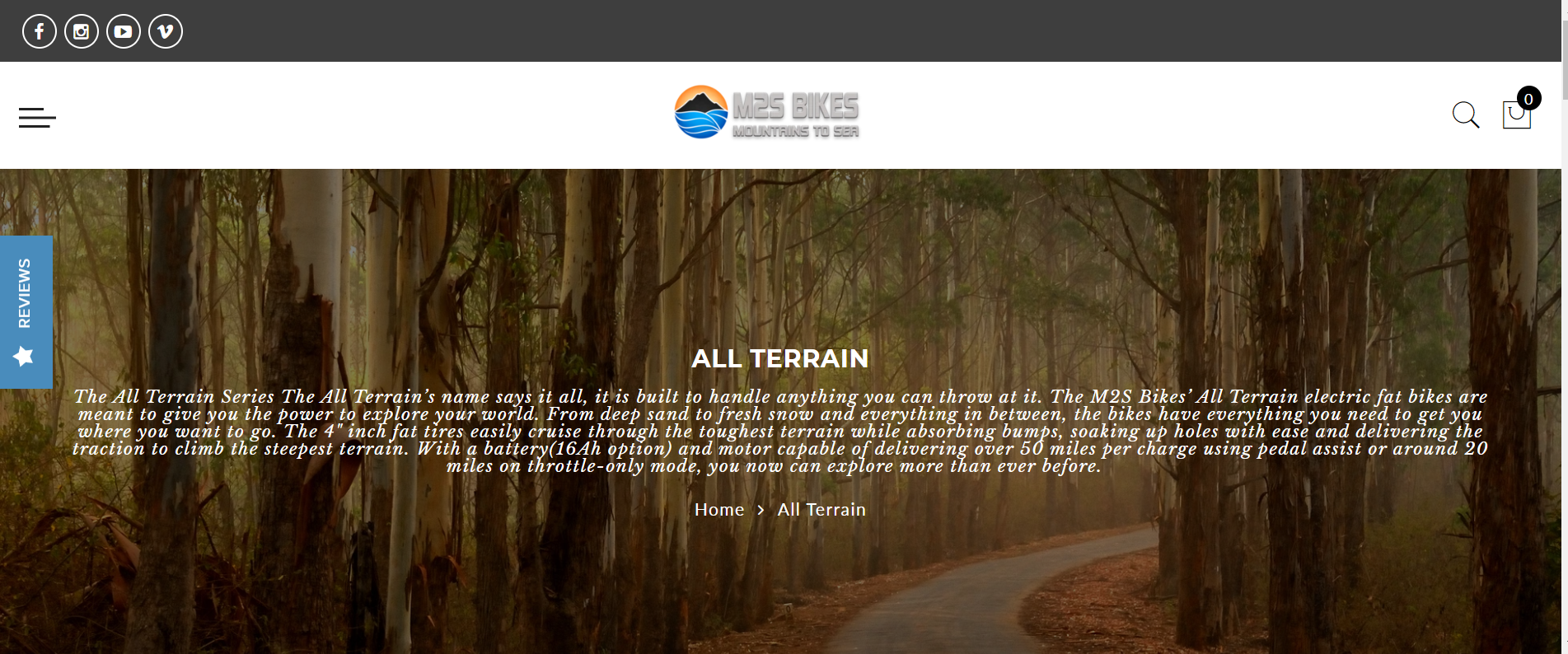


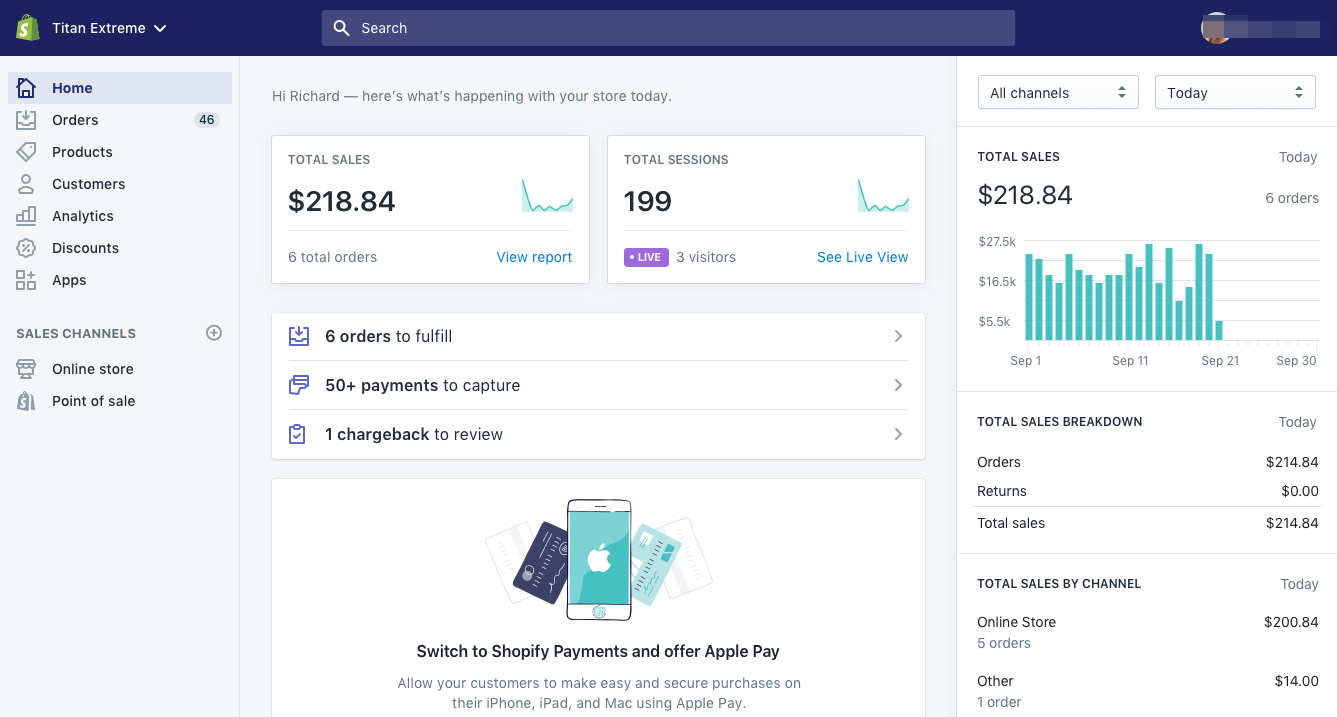

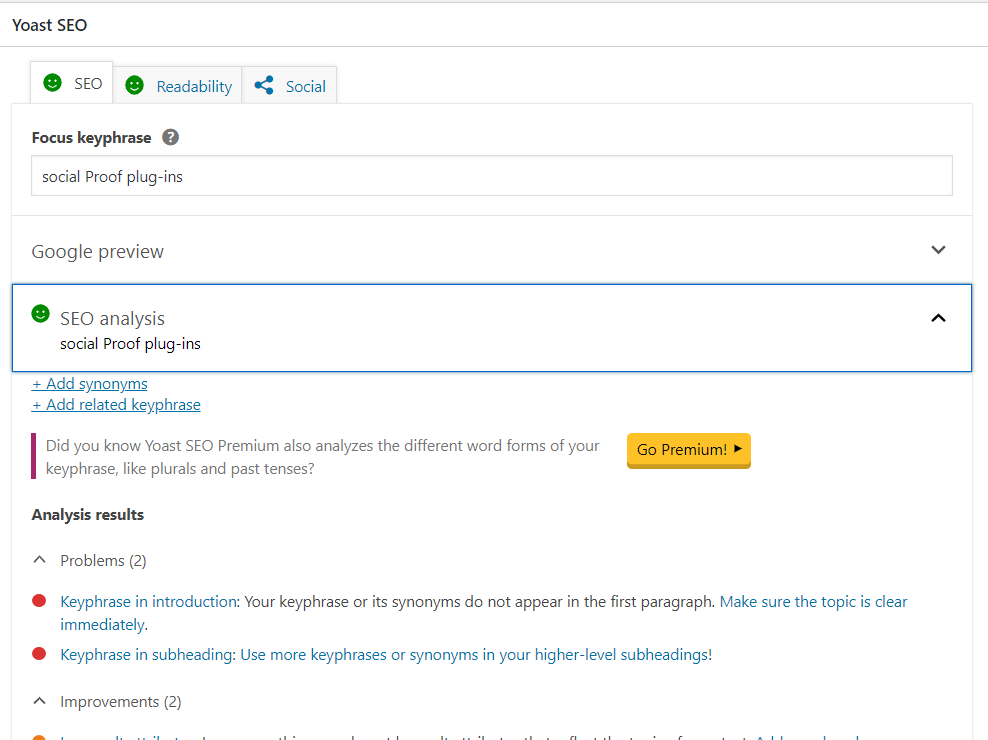




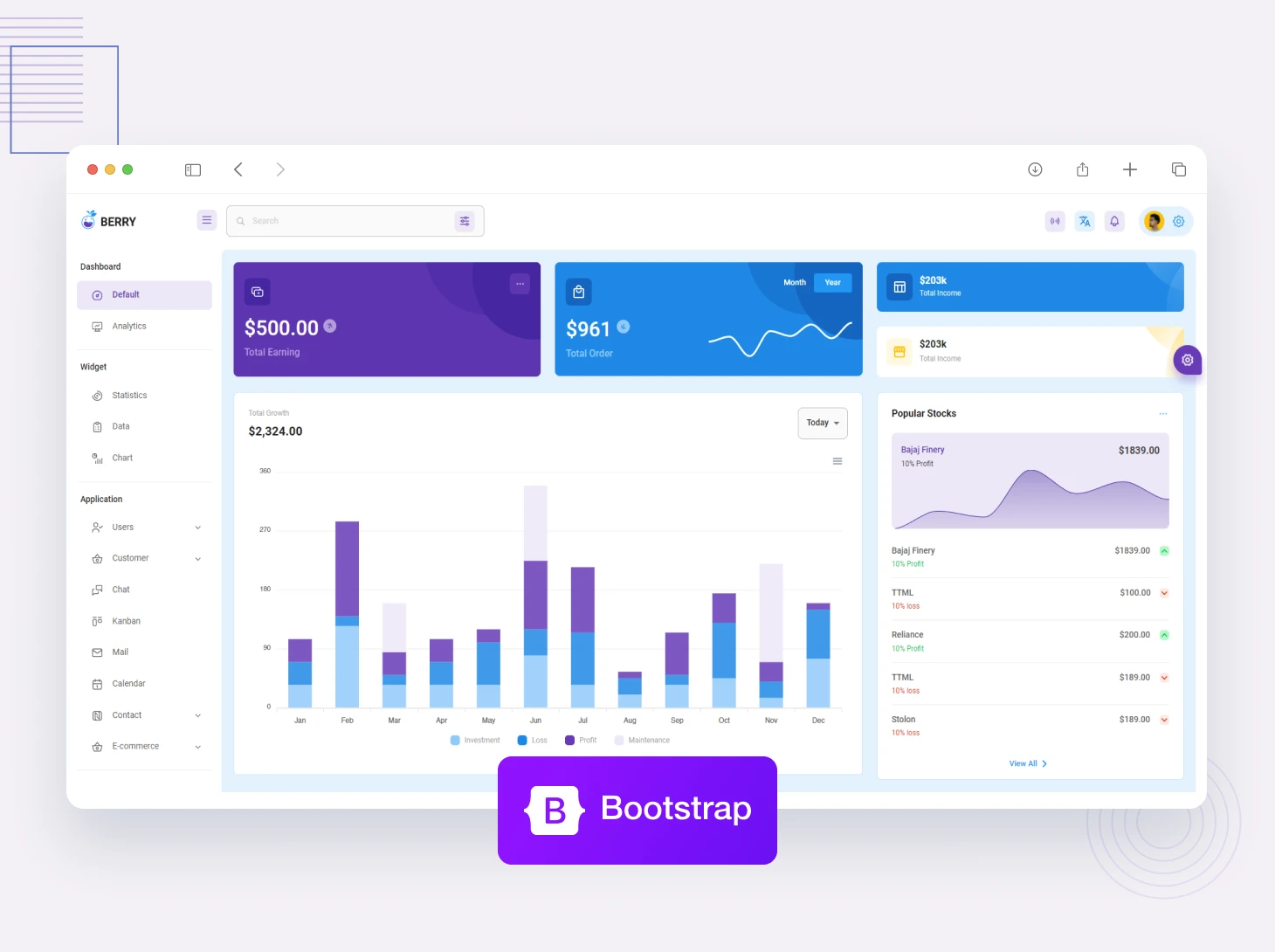
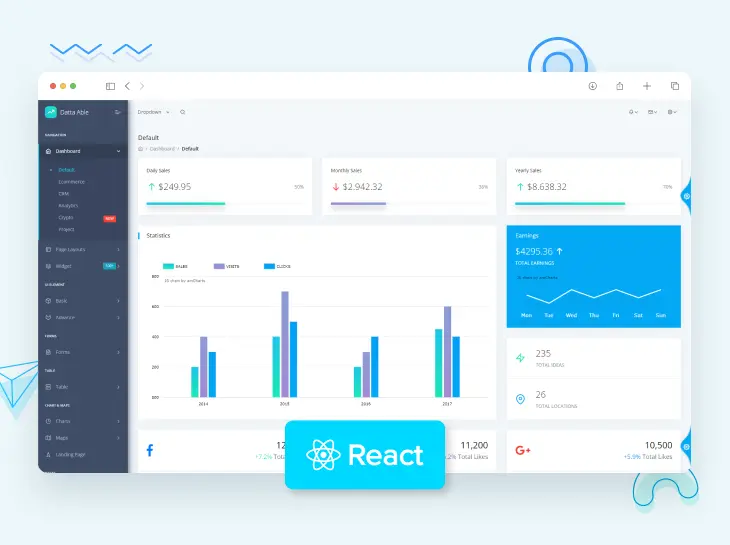
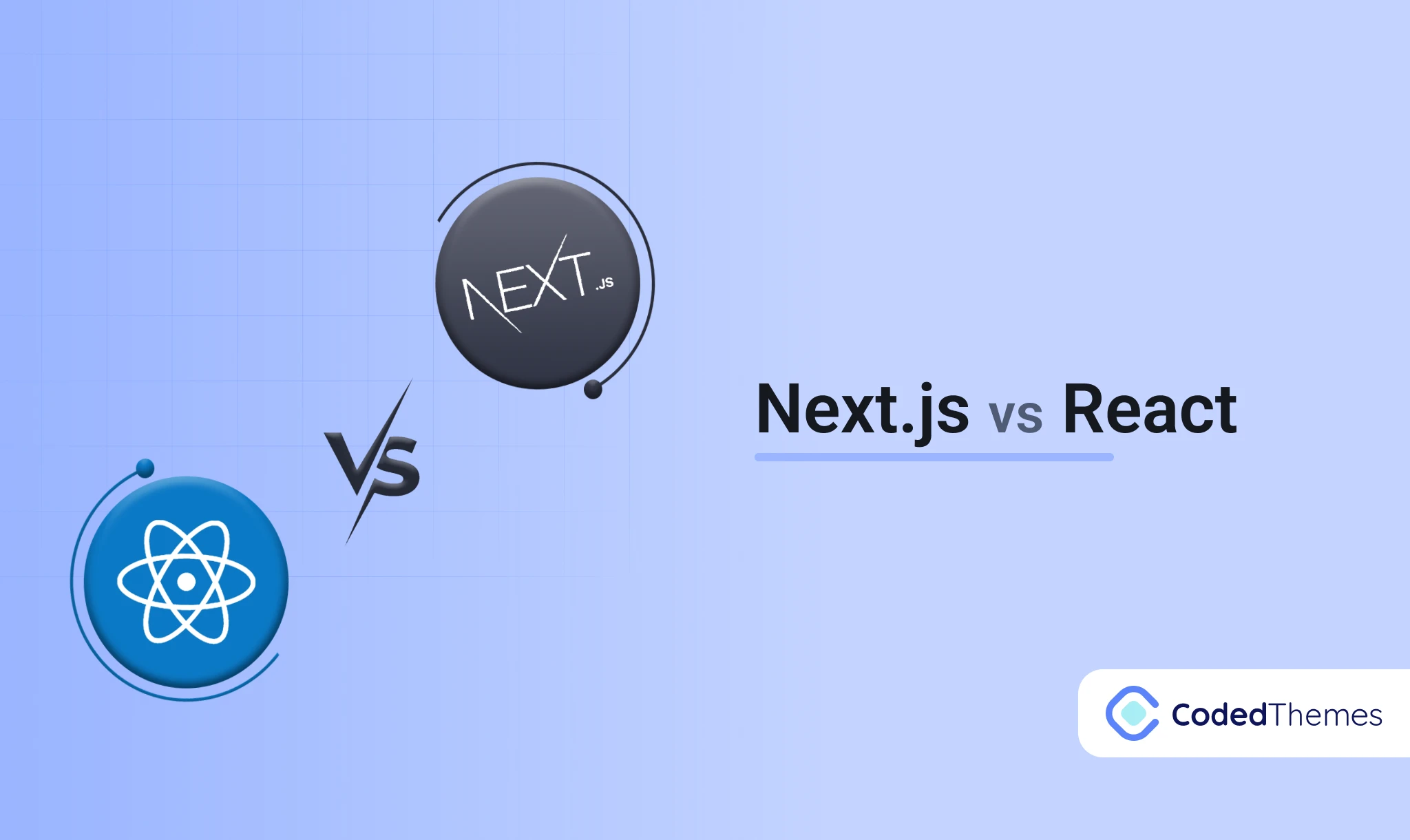



Comments